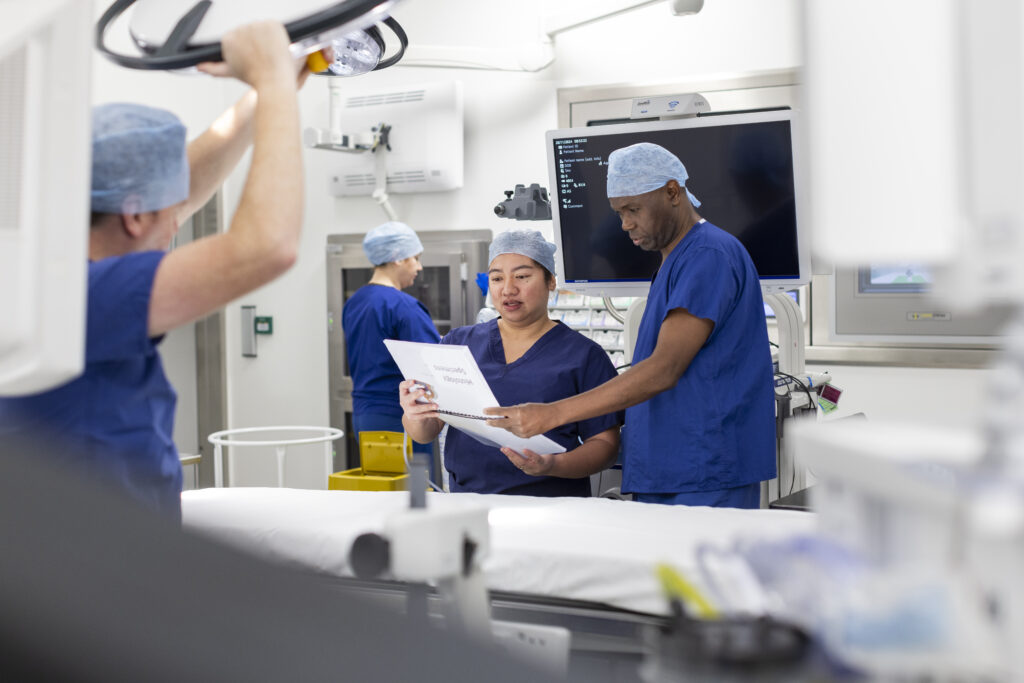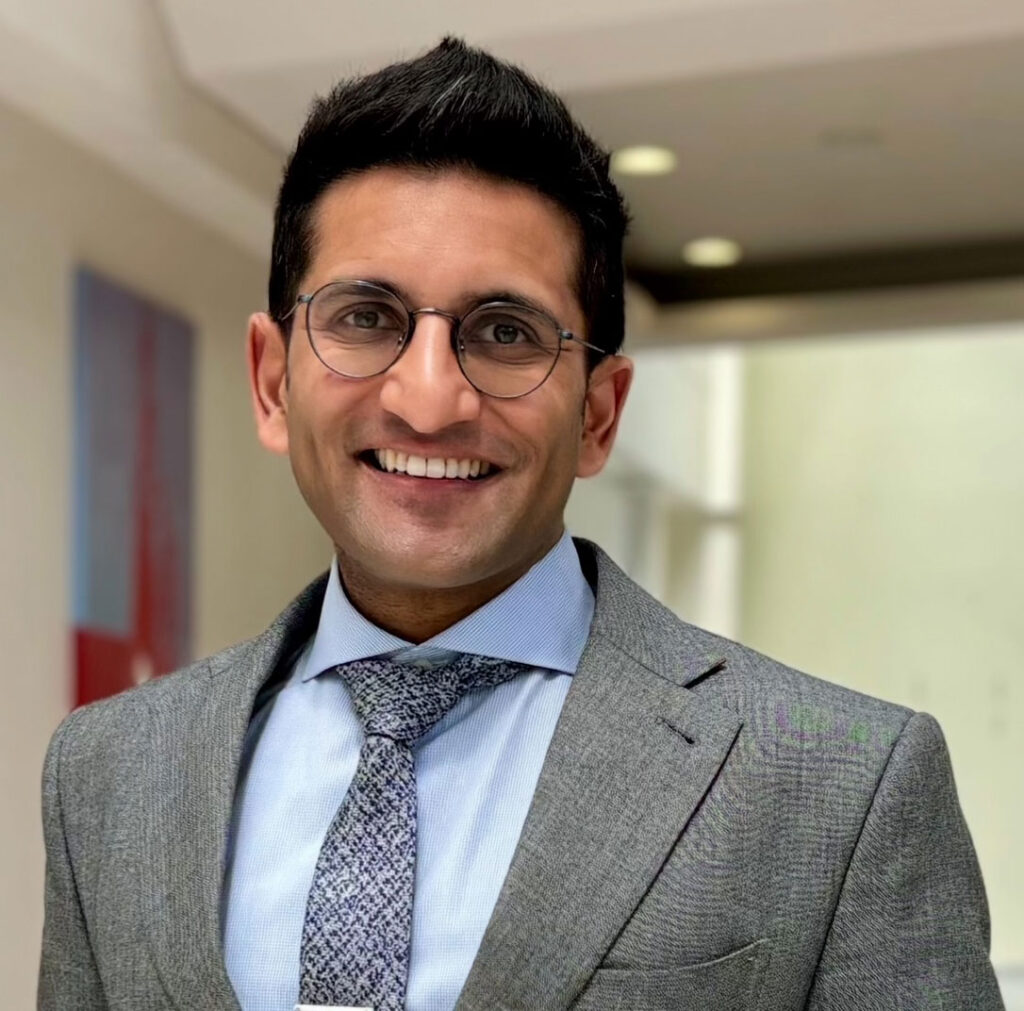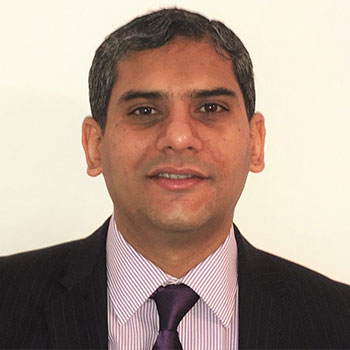What is vocal cord surgery?
Vocal cord surgery is a medical procedure designed to correct issues with the vocal cords, which are crucial for producing sound. This surgery can address a variety of problems, including nodules, polyps, cysts, and in some cases, early-stage cancerous growths, which may be treated surgically or with radiation, depending on the diagnosis. The goal is to restore normal voice function and alleviate symptoms such as hoarseness, pain, or difficulty speaking.
There are several types of vocal cord surgeries, each tailored to the specific condition being treated. For instance, microlaryngoscopy is a standard procedure used to remove small growths, while more extensive surgeries might be required for larger or more complex issues. The choice of surgery depends on the nature and severity of the vocal cord problem.
Accurate diagnosis is crucial in determining the appropriate surgical intervention for vocal cord issues. Procedures like laryngoscopy and biopsies help healthcare professionals reach a definitive diagnosis, which informs further treatment decisions.
Please call to enquire about the price
Ways to payBefore surgery
Initial consultation
The initial consultation is a critical step in the vocal cord surgery process. During this appointment, your ENT consultant will conduct a thorough physical examination, which may include visualisation of the vocal cords using specialised instruments, such as a laryngoscope. This allows the surgeon to assess the condition of the vocal folds and identify any abnormalities, such as benign lesions, nodules, polyps, or signs of vocal cord paralysis.
In addition to the physical exam, the doctor will take a detailed medical history, including any history of voice changes, trouble breathing, or other related symptoms. You will be asked about your voice use, including activities like singing or speaking professionally, as these factors can influence the choice of treatment and surgical options.
Diagnostic tests such as videostroboscopy, CT or MRI scans, or laryngeal electromyography may be ordered to provide further information about the function and structure of the vocal cords and surrounding tissues. These tests help in diagnosing the exact nature of the disorder and planning the safest and most effective surgical approach.
The consultant will also discuss any other medical conditions you may have, as these can affect both the surgery and recovery process. It is essential to disclose all medications and supplements being taken, as some can increase the risk of bleeding or interfere with anaesthesia.
During the consultation, the surgeon will explain the potential risks and benefits of vocal cord surgery, including the possibility of needing a second surgery if complications arise or the initial procedure does not fully resolve the issue. You will have the opportunity to ask questions and discuss your concerns to ensure you fully understand the procedure and what to expect.
Finally, the doctor may provide instructions on pre-surgery preparations, such as avoiding smoking or alcohol, and may recommend voice therapy or voice rest before surgery to optimise vocal cord health. Clear communication between the patient and healthcare team is essential to achieving the best possible outcome.
Preparing for surgery
Before undergoing laryngeal surgery, it is crucial to follow specific pre-operative instructions to ensure a smooth procedure and recovery. Your surgeon will provide detailed guidelines, which may include fasting for a particular period before the surgery and avoiding certain medications.
General anaesthesia will be administered to ensure your comfort and safety during the procedure. This enables complex surgical techniques while minimising patient awareness and discomfort.
Please arrange for someone to drive you home after the surgery, as you will not be able to drive yourself. Additionally, prepare a comfortable recovery area at home where you can rest and heal.
During surgery
The operation for vocal cord surgery involves several advanced techniques to ensure the best possible outcomes for patients.
One standard method is microlaryngoscopy, where a laryngoscope is inserted through the mouth to provide a clear view of the vocal cords. This procedure allows for the precise removal of lesions or polyps.
Laser surgery typically involves the use of a microscope and rigid laryngoscope inserted through the mouth, allowing precise laser treatment under general anaesthesia.
Laryngeal framework surgery involves modifying the cartilage and muscles of the larynx to improve voice quality. Specialised instruments are used to make these precise modifications.
Thyroplasty is a type of laryngeal framework surgery performed to improve vocal cord function. This procedure is performed in an operating room under general anaesthesia.
Each of these procedures requires careful planning and execution to ensure the best possible outcomes for patients.
After surgery
Immediate post-surgery care
After vocal cord surgery, it is crucial to follow post-operative guidance immediately to ensure optimal recovery.
Voice rest is crucial during the recovery period, as it enables the vocal cords to heal correctly. Specific treatments aim to modify the tension of the vocal cords to enhance sound production, particularly for patients with conditions such as vocal cord paralysis. Speaking carefully during the recovery period is vital to avoid straining the healing vocal cords. In most cases, patients may experience a hoarse voice for a period following the surgery, which is a typical part of the healing process. You will be advised to avoid alcohol to prevent dehydration effects on the vocal cords. Consulting with a speech and language therapist can provide personalised advice and support throughout the recovery process.
Risks and complications
As with any surgical procedure, laryngeal surgery carries certain risks and potential complications. These may include bleeding and haemorrhage, infection and abscess formation, damage to surrounding tissues and nerves, and vocal cord paralysis or weakness, which may be temporary or permanent. Swelling or other complications can also lead to breathing difficulties, and some patients may experience adverse reactions to the anaesthesia used during the procedure. It is essential to discuss these risks and complications with your surgeon and to follow post-operative instructions carefully to minimise the risk of complications.
Voice therapy
Voice therapy is a vital component of the recovery process following laryngeal surgery. A speech-language pathologist (SLP) will work with you to develop a personalised voice therapy plan to help you regain your voice and improve communication skills. Voice therapy may include:
- Vocal exercises: These exercises are designed to improve vocal cord function and strength, helping you regain control over your voice.
- Breathing exercises: Improving lung capacity and control through breathing exercises can enhance your overall vocal performance.
- Articulation and pronunciation exercises: These exercises focus on improving speech clarity, making it easier for others to understand you.
- Resonance and pitch exercises: Practising resonance and pitch can significantly enhance the quality of your voice, making it sound more natural and pleasant.
Coping and support
Recovering from laryngeal surgery can be challenging, both physically and emotionally. It is essential to have a support system in place to help you cope with the recovery process. Here are some tips to help you through this period:
- Follow your surgeon’s instructions: Adhering to your surgeon’s post-operative care instructions and attending follow-up appointments are crucial for a smooth recovery.
- Keep a journal: Tracking your progress in a journal can help you communicate more effectively with your healthcare team and monitor your recovery.
- Join a support group: Connecting with others who have undergone similar surgery can provide emotional support and practical advice.
- Practice stress-reducing techniques: Techniques such as meditation or deep breathing can help manage anxiety and stress during your recovery.
Remember, recovering from laryngeal surgery takes time and patience. Be gentle with yourself, and don’t hesitate to reach out to your healthcare team if you have any concerns or questions.
Appointment and Treatment Plan
Initial Consultation
Assessment by an ENT consultant, including vocal cord examination and medical history review.
Treatment Planning
Discussion of test results, surgery options, and voice therapy recommendations if needed.
Pre-operative Preparation
Instructions on fasting, medications to avoid, and arranging post-surgery transport and home rest.
Surgery
Performed under general anaesthesia using precise techniques like microlaryngoscopy or thyroplasty.
Immediate Post-surgery Care
Voice rest is essential; follow guidance to support healing and avoid strain on the vocal cords.
Voice Therapy
Speech therapist provides vocal and breathing exercises to restore voice function.
Recovery Support
Track progress, manage stress, and stay connected with your care team and support network.
Follow-Up Appointment
Check-up to ensure proper healing and assess voice recovery.
Experts
We are proud to provide patients with access to a wide range of clinicians, chosen specifically for their knowledge and reputation in their area of expertise. Our experts align with our values: putting you at the centre of your care and educating you on your options at each step of the journey. We encourage you to learn more about our clinicians and how they can help you below. As always, please contact our patient services team if you require any additional information.
We offer 3 ways to pay for your treatment
We exist to take the stress out of private healthcare.
Our payment options are designed to offer you easy access to our treatments and services. You can choose to pay on the day, spread the cost, or use your private medical insurance.
Our patient services team will guide you through the process, providing clear costs and support throughout your course of treatment so you can focus on the thing that matters most – your health.
Whether you pay in advance, spread the cost, or use your private medical insurance, rest assured you will be receiving exceptional care 365 days a year.
Pay in Advance
Even if you do not have medical insurance, you can still get quick and comprehensive access to private medical care.
We provide transparent pricing from your initial consultation to the completion of your treatment so you know where you stand, every step of the way.
We accept all major debit and credit cards, as well as Apple Pay for UK residents. Please note that we do not accept cash or cheques.
Spread the cost monthly
Paying for your treatment at One Stop Healthcare can be spread monthly from 12 to 60 months, rather than paying in one go.
With an upfront 10% deposit paid, via our Financial partner Chrysalis Finance, we offer various flexible terms to enable you to spread the cost, including 12-months at 0% APR. Click here to find out more.
Monthly payments need to be linked to a One Stop Healthcare treatment over £385 and is subject to a 14-day ‘cooling-off’ period before any treatment can start.
Your on-going payments will be made directly between Chrysalis and yourself. It’s that simple.
Pay using PMI
We are recognised by all major health insurance companies and with our extensive range of services, there are lots of benefits to using your insurance with us. Our patient services team is here to answer any questions you may have about using your private health insurance with us.
Please bring along your policy details including your scheme details, membership or policy number, expiry date and confirmation of eligibility to claim (i.e. your authorisation number). If you do not have these details with you, we will require payment from you on the day. Patients are liable for any amounts not settled by their insurer.
FAQs
Vocal cord surgery is considered a significant medical procedure, as it involves operating on delicate structures within the larynx. While it is generally safe and has a low risk of complications, the seriousness of the surgery depends on the specific condition being treated and the type of surgery performed. Patients should be aware of potential hazards, including bleeding, infection, and temporary or permanent changes to their voice. It is crucial to have a thorough discussion with the surgeon to understand the benefits and risks associated with the procedure.
Whispering involves a different mechanism than everyday speech, as it does not require the vocal cords to vibrate. Instead, whispering is produced by creating turbulent airflow through the partially closed vocal folds, allowing sound to be generated without full vocal cord engagement. This means that even if the vocal cords are not functioning correctly, whispering may still be possible. However, it is important to follow medical advice on voice rest after vocal cord surgery to avoid straining the healing tissues.
Recovery time from vocal cord surgery can vary depending on the type of surgery and the individual’s overall health. In most cases, patients can expect to return to normal activities within a few weeks; however, full vocal recovery, especially for professional voice users, may take several months and may require ongoing therapy. The first few weeks are critical for healing, and voice rest is typically recommended to allow the vocal cords to recover. Patients may also work with a speech-language pathologist to regain vocal strength and quality. Adhering to post-operative guidelines and attending follow-up appointments are essential for a smooth recovery process.
Damaged vocal cords can often be treated successfully through a combination of surgical and non-surgical interventions. The healing potential depends on the extent and nature of the damage. For example, benign lesions such as nodules or polyps can often be removed surgically, allowing the vocal cords to heal and restore normal function. In cases of vocal cord paralysis, treatments such as vocal cord injection or thyroplasty may be recommended to improve vocal quality. Voice therapy is also a crucial component of rehabilitation, helping patients enhance and optimise their vocal function. It is essential to consult with a healthcare professional to determine the most appropriate treatment plan for individual cases.
Medically reviewed by Mr Bhavesh Patel - Consultant ENT Surgeon on 13/08/2025



